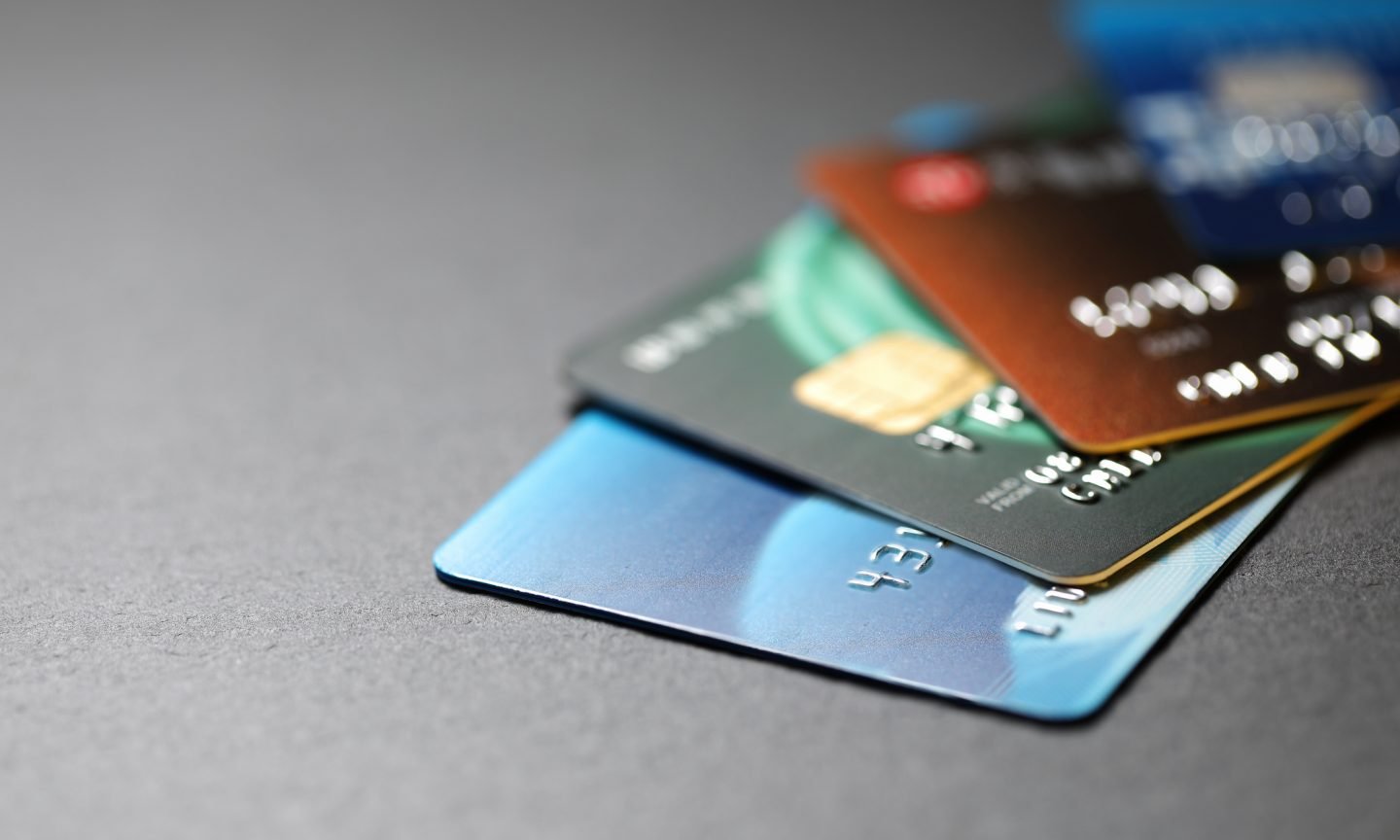Credit cards have become a part of everyday life for many Indians. From grocery shopping to booking travel, a swipe or a tap can instantly complete the transaction. But with this convenience comes a crucial responsibility. What many people miss is that the way you handle your credit card bill each month directly affects your financial reputation. One common mistake is paying only the minimum due instead of the full amount. While it may seem like an easy way to avoid missing a payment, it can have long-term consequences on your financial health.

Your credit score is a three-digit number that reflects how reliable you are with borrowed money. Ranging from 300 to 900, it plays a key role in determining your eligibility for future loans, home financing, or even getting a higher credit limit. When you pay only the minimum due, the remaining unpaid amount gets carried over to the next billing cycle. This results in interest being charged on the outstanding balance, and that interest can grow very quickly. Over time, what started as a small unpaid balance can turn into a much larger debt, especially if you continue this practice month after month.
What also happens is that your credit utilisation ratio increases. This is the percentage of your total available credit that you are currently using. Ideally, financial experts recommend keeping it below 30 percent. If your utilisation is high, it signals to lenders that you may be overdependent on credit. That alone can lower your score even if you have never missed a payment. So, even when you're paying on time, paying only the bare minimum can work against you.

Another important factor is your payment history. Lenders and credit agencies look at whether you pay your dues in full and on time. Minimum payments suggest you are not repaying your debt aggressively, and that adds a red flag to your profile. Over time, this habit can cause a steady decline in your credit score, even without a single late payment.
The more your debt piles up, the more interest you end up paying. Since credit cards charge some of the highest interest rates in the lending space, this becomes an expensive cycle. Each month you pay a small part of the total, the rest continues to attract more interest. Eventually, you may find yourself struggling with a large credit burden that is hard to clear.

If your budget is tight and you cannot pay the full bill in one go, consider breaking it into manageable EMIs or reaching out to your bank for a structured repayment plan. Some banks offer balance transfer options to move your debt to a lower-interest credit card. These options are safer in the long run than simply relying on the minimum due.
A smarter way to manage your credit card is to set up auto-pay for the full amount through your banking app. This ensures that you never miss a payment and you avoid paying unnecessary interest. Another useful habit is to track your credit utilisation each month and adjust your spending so it stays within a healthy range.
Credit cards are useful, but they are also easy to misuse. Paying only the minimum may feel like a short-term solution, but it creates long-term damage. It weakens your credit score, raises your financial stress, and limits your ability to access better financial products in the future. It is far better to be consistent in paying your bills in full, keeping your spending under control, and using your card as a financial tool rather than a trap.
To stay ahead with smart financial habits and learn how to manage credit the right way, follow You Finance on Instagram and Facebook for expert-backed updates and daily insights.















